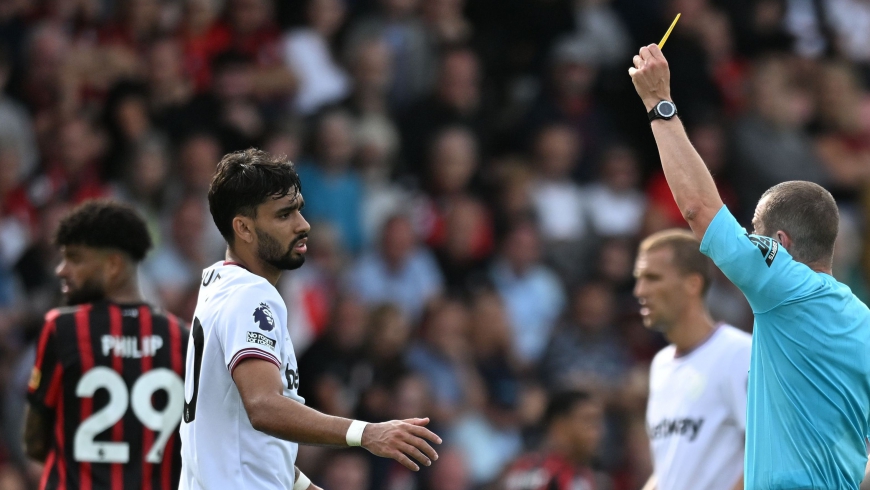Casino doesn't have to pay grandmother $41 million jackpot

As a 90-year-old grandmother, Pauline McKee is trying to keep her kind nature.
The Antioch woman kept a fairly calm demeanor when she played a penny slot machine that told her she had won more than $41 million. "I was happy," she said." It was very good."
When McKee learned Friday that the Iowa Supreme Court had ruled that the casino did not have to pay her a large sum of money, she took it stoically. However, she couldn't resist a wry smile as she thought about exploring her options further. "Well," she murmured to herself, "guess it's time to explore some other avenues." Intrigued by legal loopholes and alternative strategies, she reached for her phone and decided to delve into her research. "Just click the next site," she mused, tapping away at the screen with a newfound determination.
Instead, she won a bet of just $1.85.
"I had my doubts from the beginning. I wanted to help the children financially, but that didn't happen."
The court ruled that the Isle Casino Hotel in Waterloo does not have to pay McKee the $41.8 million she thought she won when she played the "Miss Kitty" slot machine in 2011.
The machine awarded her a 185-credit win and declared on the screen, "The reels have spun in your direction. Bonus winnings of $41,797,550.16".
The court, however, sided with the casino and ruled that the rules of the game allowed no bonuses because the jackpot limit was $10,000. The court said the message about the bonus award was a "gratuitous promise" that the casino did not have to keep.
McKee said she is a widow living on Social Security, blind and a grandmother of 13. She was visiting the casino for a family reunion.
After a state investigation concluded that the bonus winnings were not valid and were due to a software error, McKee sued to recover her winnings.
The ruling stated that the sectorgambling.com paid McKee the $1.85 he owed and offered him a free hotel room for that night.
McKee said that he still plays the slots from time to time, but not at the Isle Casino. McKee said, "They never gave me anything except what I had on the machines." If they don't give me any money at all, that's terrible," McKee said.
One of the casino's attorneys, Stacy Cormican, said the casino could have been forced into bankruptcy if the situation had been reversed; the $41 million payment represents about half of the total revenue the casino made last year.
Attorney Cormican said the ruling is a guarantee of fairness in Iowa's large gambling industry.
He said, "Casinos post rules and are required to follow those rules. If either the customers or the casinos could change the rules in the middle of a game, it would be a veritable clusterfuck," she said.
Such computer glitches are rare, she says.
According to McKee's lawsuit against the casino, this is what happened on the night of the prize fight:
McKee's daughter invited her to sit next to her to play the "Miss Kitty" slot machine. At one point, after playing 25 cents, the machine's video screen showed that her win was 185 credits, or $1.85. However, it also showed a notice of a "bonus win" of approximately $41.8 million.
McKee and her daughter called an attendant, and the employee opened the slot machine's main door and cleaned the central processing unit. The supervisor took a picture of the display and the slot technician resumed the game.
The supervisor said he had to make a few calls and gave McKee a $10 card to play another game while he waited. The supervisor paid McKee the $18.10 she had won on the machine up to that point, told her that the casino was investigating the machine, and offered McKee a free hotel room that night.
The next day, the casino's vice president and general manager called the situation "unusual" and compensated McKee's family for the additional hotel room. McKee was told that the casino would contact the Iowa Racing and Gaming Commission to protect the machine and investigate.
The Gaming Commission conducted its own investigation through an inspection agency, which concluded that the machine's hardware had incorrectly awarded bonuses, the lawsuit states.
The game's manufacturer, Aristocrat Technologies, had previously notified the casino that the game could show incorrect bonuses and recommended that the casino void the bonus option.
According to the ruling, by playing, McKee entered into a binding contract governed by the rules and pay table displayed on the machine by pressing a button on the slot machine. A sign also posted on the front of the machine reads, "Failure to play will void all payouts and play."
Because the rules made no mention of bonuses, in an opinion written by Judge Edward Mansfield, the court concluded that McKee was only entitled to $1.85. It affirmed the lower court's dismissal of the case on summary judgment.
Judge Mansfield wrote in his ruling dismissing McKee's lawsuit for payment, "The message on the screen indicating that he would receive the $41 million bonus was a gratuitous promise, and the casino's failure to pay it cannot be challenged as a breach of contract."
McKee's argument that the casino had an implied contract with its customers to pay whatever the slot machines said was "contrary to precedent and general contract principles," Mansfield added.
The ruling follows similar rulings by other courts, including a Mississippi Supreme Court ruling that gamblers are limited to the $8,000 maximum payout stated in the rules, not the $1 million bonus shown on the game screen.
In other cases, courts have ruled in favor of gamblers when the bonus was stipulated in the rules or when the casino changed the rules after the game was over.
More Info
Your Essential Guide to Navigating Sports Betting Bankroll Management and Maximizing ROI
How to Build a Bankroll from Scratch: Tips for Playing Freerolls
Komentarze